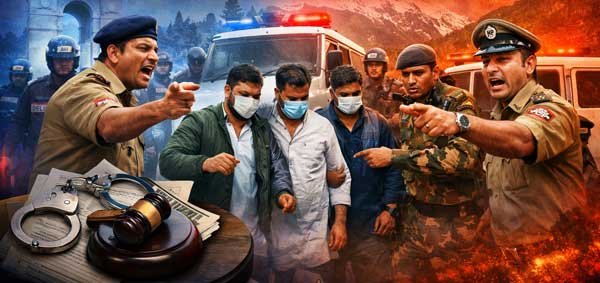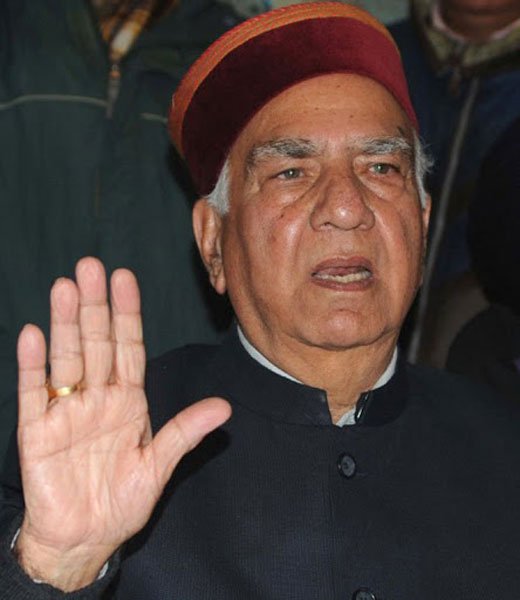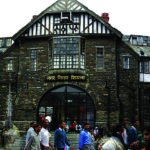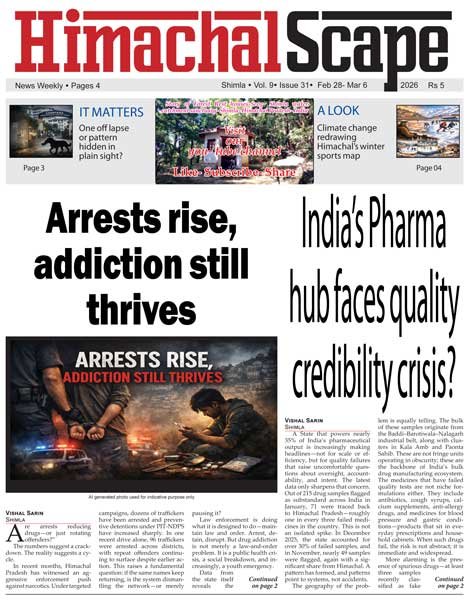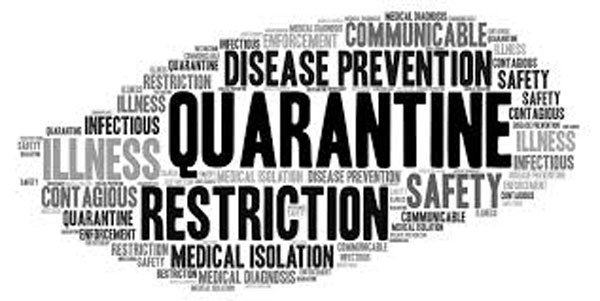
Photo used for indicative purpose only. Source: Internet
Shimla, May 11, 2020
Ritanjali Hastir
Over a billion students worldwide are unable to go to schools or university, due to measures to stop the spread of COVID-19. Close to a billion people are still locked down and the outbreak has brought life around the world to a virtual standstill. The pandemic is expected to have enormous economic consequences and the devastating impact on global education is already visible.
The structure of schooling and learning, including teaching and assessment methodologies were the first to be affected by these closures. Only a handful of private schools and other institutions could adopt online teaching methods. The low-income private and government school counterparts, on the other hand, have almost completely shut down for not having access to e-learning solutions. Needless to say, the pandemic is transforming the centuries-old, chalk–talk teaching model to one driven by technology. This disruption in the delivery of education is pushing policymakers to figure out how to drive engagement at a scale while ensuring inclusive e-learning solutions and tackling the digital divide.
Sharing his concern over the current situation and uncertainty of examinations all around Ramesh Chauhan HOD Journalism & Mass Communication department APG, University Mehli said, “We are concerned about the future of our students and as such, there is no certainty as per when physical classrooms can be accessed again and things can go back to normal. To deal with the situation, we have opted for online teaching. We have already successfully conducted one exam online adopting the pattern of bank examinations i.e giving students a certain time frame to answer the questions.””However, there is a bright chance that one might cheat and we are trying to find an alternative way to deal with the same too”, he added. Chauhan also accepted that there were times when poor connectivity made students miss their exam or lecture but still all are doing best to make the best of the situation at hand.






